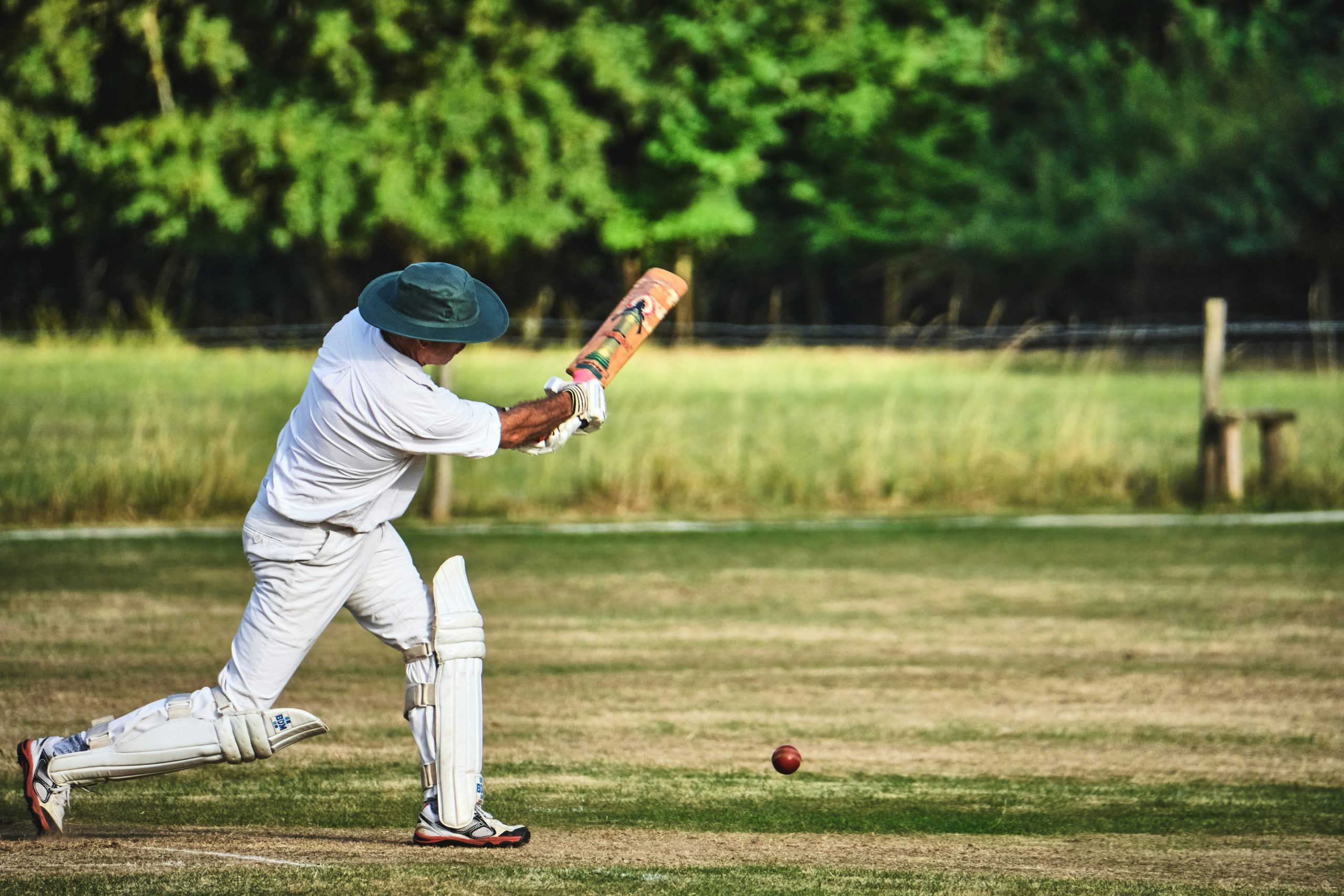
Sleep and Athletic Performance: Maximizing Recovery
Sleep is a critical component of athletic performance and recovery, influencing everything from reaction time to injury risk and muscle recovery. Athletes, whether professional or amateur, often focus intensely on training, nutrition, and conditioning but may overlook the profound impact that sleep has on their overall performance. This article explores the relationship between sleep and athletic performance, providing insights backed by scientific research and practical tips for optimizing sleep to maximize recovery.
The Importance of Sleep for Athletes
Sleep plays a crucial role in various physiological processes that are essential for athletic performance:
- Muscle Repair and Growth: During deep sleep stages, the body releases growth hormone, which aids in muscle repair, recovery, and growth. This is essential for athletes looking to optimize their training gains.
- Cognitive Function: Sleep is vital for cognitive function, including concentration, decision-making, and reaction times. Athletes rely on sharp cognitive abilities to perform well during training and competition.
- Immune Function: Adequate sleep supports a healthy immune system, reducing the risk of illness and allowing athletes to maintain consistent training schedules without interruptions due to sickness.
- Injury Prevention: Poor sleep habits can increase the risk of injuries in athletes due to reduced coordination, slower reflexes, and impaired judgment.
- Mental Health: Quality sleep contributes to emotional regulation and mental resilience, both of which are critical for coping with the pressures of competition.
Scientific Insights into Sleep and Performance
Research consistently demonstrates the impact of sleep on athletic performance:
“Sleep is the most effective cognitive enhancer we have.” – Dr. Cheri Mah, Stanford Sleep Disorders Clinic and Research Laboratory.
Studies have shown that athletes who prioritize sleep achieve:
- Better accuracy in sports-specific skills.
- Improved endurance and stamina.
- Quicker recovery from injuries.
- Enhanced overall performance metrics.
For example, NBA players who extended their sleep duration showed significant improvements in their performance metrics, including faster sprint times and better shooting accuracy.
Practical Tips for Athletes to Improve Sleep Quality
Optimizing sleep quality can be challenging for athletes with demanding training schedules and travel requirements. Here are some actionable tips:
- Consistent Sleep Schedule: Maintain a regular sleep-wake cycle, even on weekends, to regulate your body’s internal clock.
- Create a Sleep-Conducive Environment: Ensure your sleep environment is dark, cool, and quiet. Consider using blackout curtains, earplugs, or white noise machines.
- Avoid Stimulants: Limit caffeine intake in the afternoon and evening to prevent it from interfering with your ability to fall asleep.
- Wind Down: Establish a pre-sleep routine to signal to your body that it’s time to relax. This could include gentle stretching, reading, or practicing relaxation techniques like deep breathing.
- Monitor Sleep Quality: Use sleep tracking devices or apps to monitor your sleep patterns and adjust your habits accordingly.
Case Studies and Examples
Many professional athletes have publicly acknowledged the importance of sleep in their training regimens:
- LeBron James: The NBA star reportedly sleeps 12 hours per day during the peak of his training season to ensure optimal performance and recovery.
- Usain Bolt: The world-renowned sprinter attributed his success in part to prioritizing sleep, aiming for 8-10 hours per night.
- Simone Biles: The Olympic gymnast emphasizes the role of sleep in her recovery routine, highlighting its impact on her ability to perform complex routines with precision.
Conclusion
In conclusion, sleep is a non-negotiable factor in maximizing athletic performance and recovery. Athletes who prioritize sleep not only enhance their physical abilities but also support their mental and emotional well-being. By understanding the science behind sleep and implementing practical strategies to improve sleep quality, athletes can achieve peak performance levels and sustain long-term success in their respective sports.
Remember, sleep is your body’s most powerful recovery tool – embrace it to unleash your full athletic potential.



